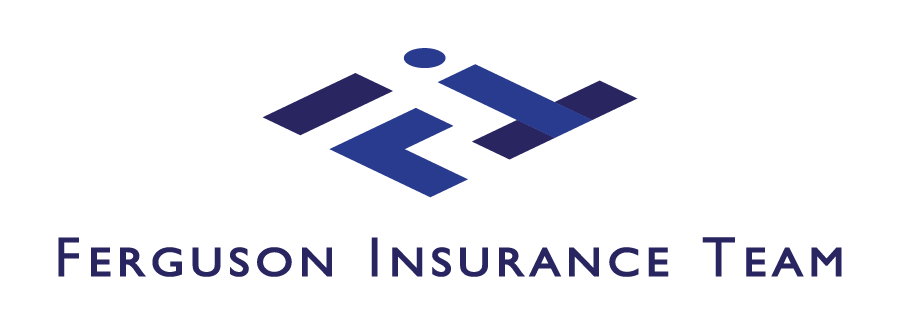Ransomware: Are You Prepared?
Drive past any gas station right now, and you're likely to see long lines, or pumps with bags on them signaling that they are all out of fuel. In the past, natural disasters or supply chain mishaps have resulted in gas shortages, but this time is different. The current gas crisis, as you've probably heard by now, is the result of a cyber attack on the pipeline itself. This attack is known as a ransomware attack.
What is Ransomware?
Ransomware is when the hackers gain access to the systems of their target, in this case, the pipeline, and use malicious software to encrypt the data on the systems. This essentially scrambles the computers, making them useless, until a ransom is paid to unlock them. The current situation is an example of a large, sophisticated attack by skilled cybercriminals.
If you own a business, you are at risk for a ransomware attack. While the ransomware attack on the Colonial Pipeline is dominating headlines, the average attack is actually aimed at medium-sized and small businesses. Why is this? It's simple. The hackers see them as easy targets. Instead of trying to go up against international banks, retailers and tech companies with multi-million dollar IT security budgets, they aim for local businesses who may not have any form of information security at all.
43% of Cyber Attacks Target Small Businesses.
THE AVERAGE COST OF DAMAGES CAUSED BY AN ATTACK ON A SMALL TO MEDIUM BUSINESS IS $879,582.
THE ADDITIONAL AVERAGE COST AFTER A DATA BREACH DUE TO LOST BUSINESS IS $955,429.
How Can I Prepare?
There are two things you need to do to protect your business from these threats.
1. Adopt IT security practices right away. There are a few things you can do right now for little to no cost.
Look out for phishing! Phishing emails, emails that look legitimate but are actually malicious, are the number one way hackers compromise your system. Be very cautious of any links you click or files you open that come through email. If the email has spelling errors or poor grammar, this is one warning sign. Also, phishing emails frequently use a tone of urgency to make you act before you think. This should actually be a cue to do the opposite, slow down, and think twice.
Use a password manager. By using a password manager, not only will you not have to worry about remembering password, you can use it to generate strong, unique passwords that are individual to every login you use. this way, if one password is compromised, the others are still safe.
Make sure your computer is up to date on all software updates. These updates frequently contain vital security improvements that remove vulnerabilities that hackers can exploit. You do not want to skip or postpone updates.
2. Get a Cyber Insurance Policy.
With a Cyber Insurance policy, you are protected in case you do become the victim of one of these attacks. Our policies from Wingman Cyber provide a comprehensive response to a cyber incident as soon as you report it. A cyber policy will provide you with access to a response team, IT support to help repair the infected systems, negotiators to communicate with the hackers, and of course, money to pay for all of the many expenses this causes, and even to pay the ransom to recover your systems, if necessary.
Cyber insurance is relatively inexpensive for most businesses, and is a simple way to protect both your business and your peace of mind from the ever-growing threat of cyber crime.
Click here to get a quote right now.
